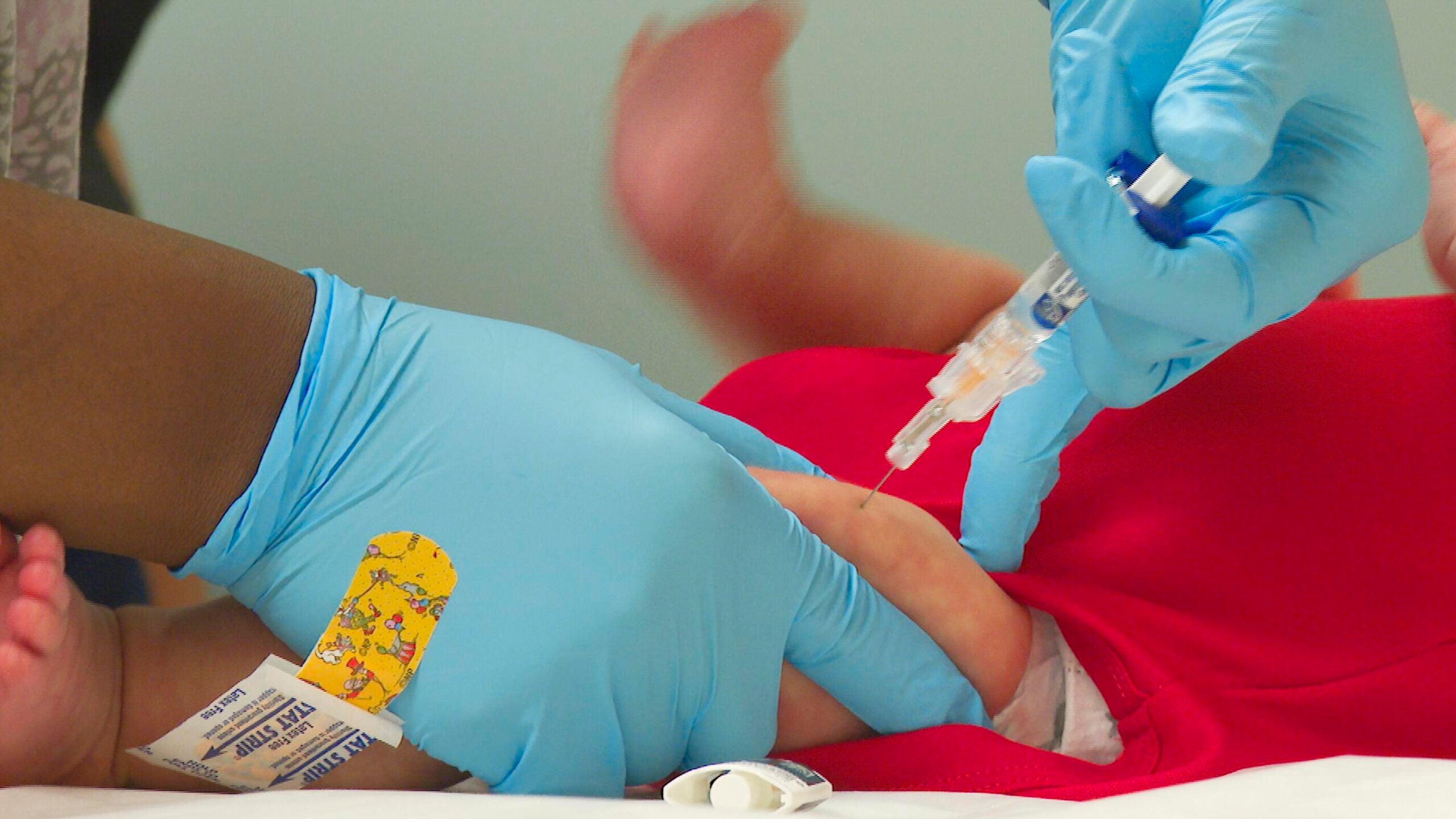Wisconsin’s leading epidemiologist says the state needs to double the number of contact-tracing staff at local and tribal health departments to slow the spread of the coronavirus.
In an interview with WPR’s “The Morning Show,” Dr. Ryan Westergaard said the state’s public health system is feeling the stress from the rampant spread of the virus.
Westergaard said the rising number of hospitalizations from COVID-19 is concerning and could put a strain on hospital staff and resources — something some health systems have already been experiencing.
News with a little more humanity
WPR’s “Wisconsin Today” newsletter keeps you connected to the state you love without feeling overwhelmed. No paywall. No agenda. No corporate filter.
“The other part of our response that is beyond strained, it’s frankly cracking under the strain, is our local public health infrastructure,” Westergaard said. “Our people who respond to positive tests, do contact tracing, call people when they test positive, call people who have been exposed and give them instructions about how to stay safe and how to quarantine. That system is not able to keep up.”
He said public health departments were already overwhelmed this summer when the state was seeing around 700 new cases each day. With daily case numbers now over 2,000, Westergaard said local departments need more support.
On Thursday, Wisconsin Department of Health Services Secretary Andrea Palm said the state and local health departments have hired around 1,200 contact tracers.
“(Local departments need) probably at least twice as many people as we have,” Westergaard said. “But that’s not the only thing that’s really concerning. There’s a lot of functions that local public health professionals do other than contact tracing and all of those things, whether it be immunizations or follow up for other communicable diseases, are all going to be strained as well.”
Several county health departments, including Rock, Pierce and La Crosse counties, have gone to “crisis standards” for contact tracing, prioritizing the highest risk situations.
According to data from the DHS, around 17 percent of people tested for the coronavirus in Wisconsin over the last week have been positive.
Westergaard said the high rate of positive tests is a signal to health officials that the virus is more widespread than people realize.
He said people with COVID-19 symptoms are generally able to get tested by their health care provider. But Westergaard said individuals without symptoms who have been exposed to the virus are not able to get a test as easily because of limited resources.
“I think we are going to need to test more people and in different ways than we have in the past,” Westergaard said. “(Testing) is not universally, easily accessible, although it’s much better than it has been.”
On Monday, DHS reported the state’s daily testing capacity was 39,234 available lab tests. The number of actual people with new test results reported Monday was 8,560, with a total of 19,071 tests done.
Westergaard said testing asymptomatic contacts will give officials the clearest picture of where and how quickly the virus is spreading.
Wisconsin Public Radio, © Copyright 2025, Board of Regents of the University of Wisconsin System and Wisconsin Educational Communications Board.






